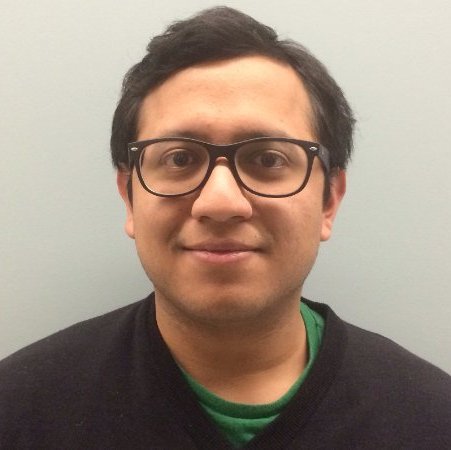
With the growth in research on the human microbiome at UC San Diego and its creation of the Center for Microbiome Research in the Jacobs School of Engineering, one of the first CSE Ph.D. graduates of the program gave his final defense of his doctoral dissertation on Nov. 30. Ph.D. candidate Yoshiki Vazquez-Baeza defended his thesis on "Statistical Representations of Microbial Systems."

According to Vazquez-Baeza, "Technological developments in the past 30 years have transformed sequencing-based microbiology into a data-intensive field." In Chapter 1 of his dissertation, Vazquez-Baeza reviews recent discoveries on the human microbiome and how the communities within can influence the effectiveness of therapeutic agents. He then introduces "EMPeror", an interactive analysis and visualization tool for understandingf large microbial ecology datasets, (http://github.com/biocore/emperor). Baeza then turns to concrete examples of the microbiome being implicated as a driver or marker.
In successive chapters, Vazquez-Baeza describes how the microbial signature associated with Crohn's disease (CD) in humans overlapx but is distinct from that of dogs affected with inflammatory bowel disease (IBD). Unlike with humans, dog fecal samples alone are strong indicators of the disease. "We also studied IBD from a longitudinal perspective, revealing increased volatility in the gut microbiomes of subjects with IBD, a property that does not appear to be present in unaffected controls," said Vazquez-Baeza. "Furthermore, we use this as a predicting feature of the disease, and improve on the classification accuracy possible through a single fecal sample. Vazquez-Baeza also studied the effect of fecal microbiota transplants (FMTs) to treat Clostridium difficile infection (CDI). Using new techniques developed by Baeza, the Ph.D. candidate was able to show "the first animated visualization of this process, a dramatic microbial transformation as the subjects recover from all CDI symptoms."
For CDI patients who also suffer from a subtype of IBD, Vazquez-Baeza warned, treatment with fecal mibrobiota transplant results in an increased number of relapses and decreased microbial diversity.
He ended his final defense spelling out possible applications and future directions for computationally-centric microbiome research.
Vazquez-Baeza's faculty committee was chaired by his advisor, CSE and Pediatrics professor Rob Knight, who also directs the Center for Microbiome Innovation. Others panelists included CSE professor Larry Smarr, Cognitive Science and CSE professor James Hollan, Skaggs School of Pharmacy and Pharmaceutical Science professor Pieter Dorrestein, and Molecular Biology professor Rachel Dutton.

